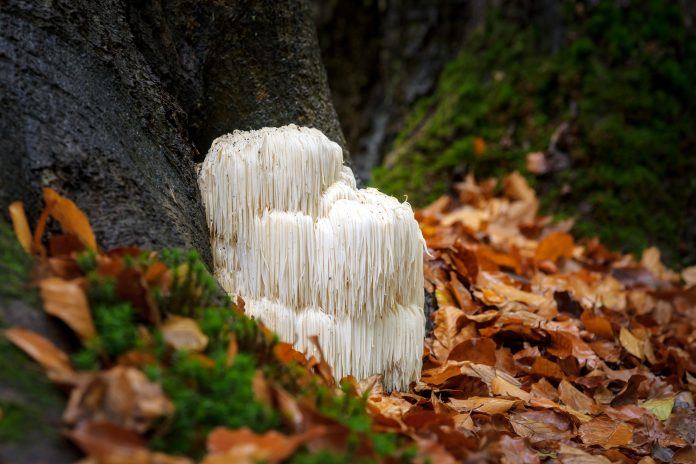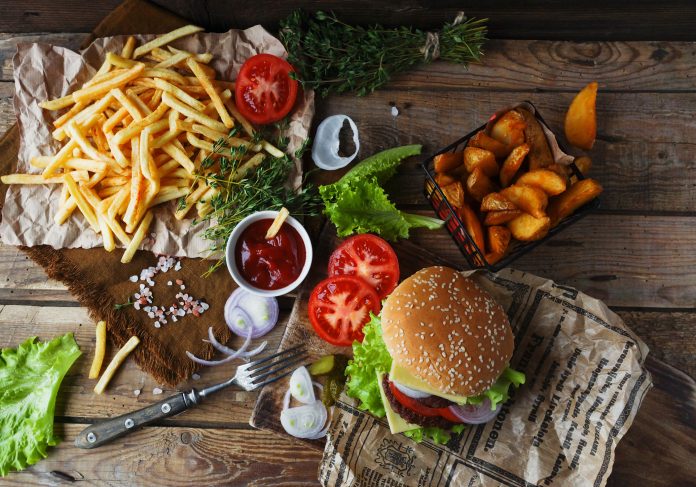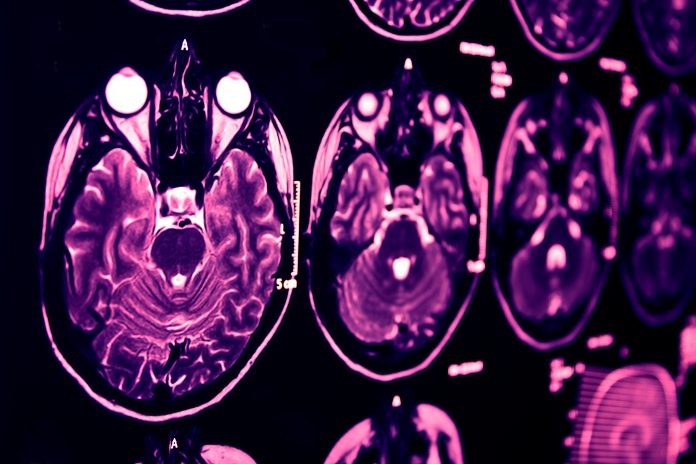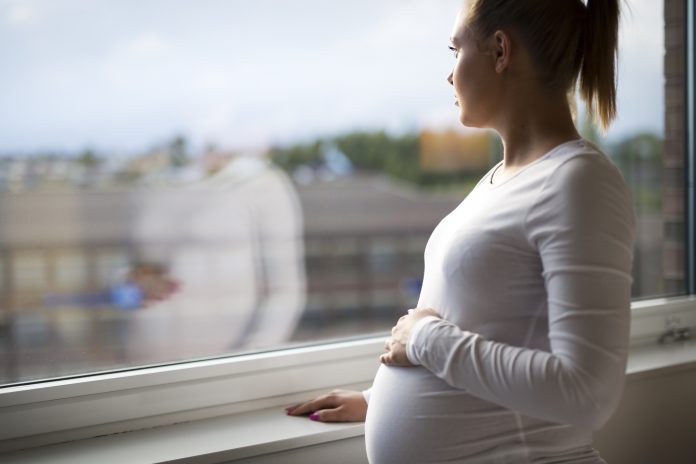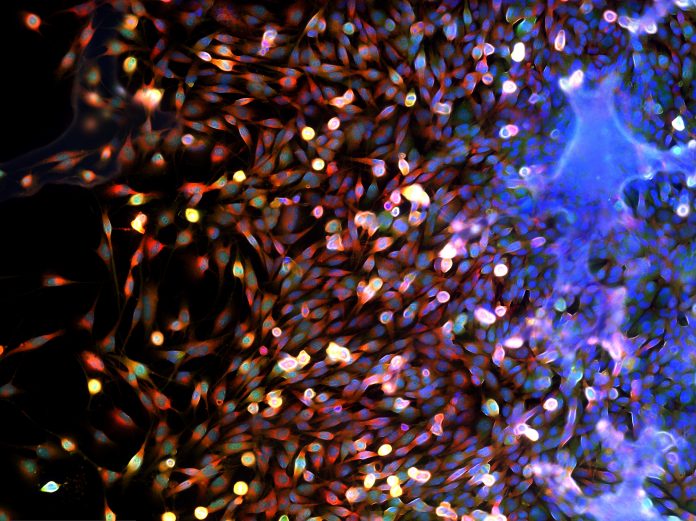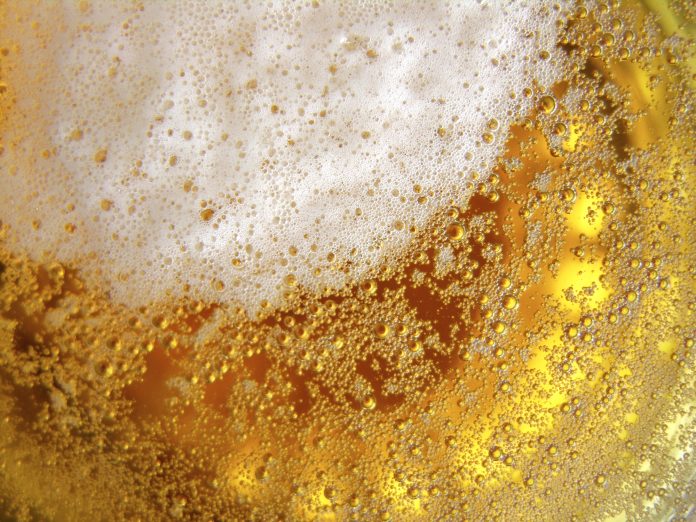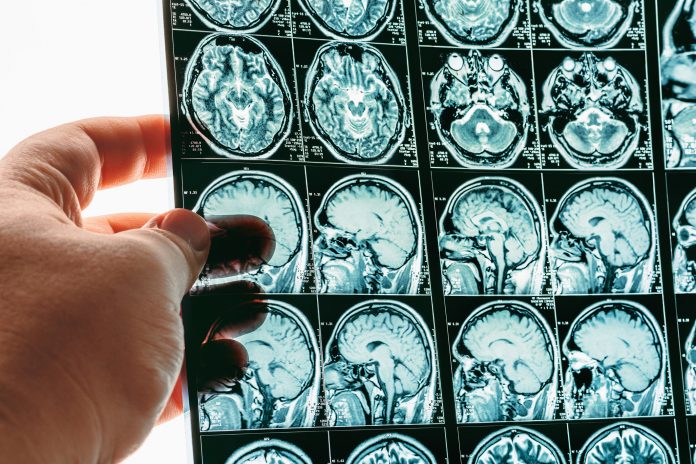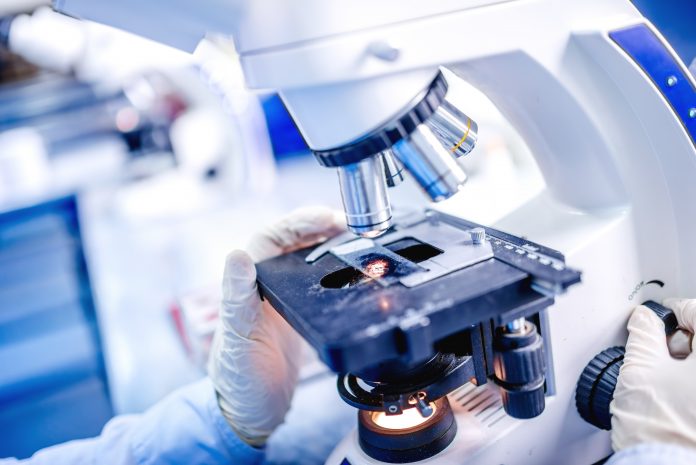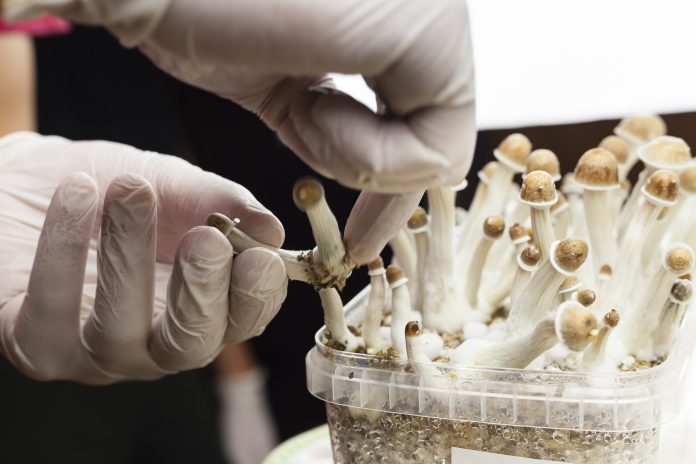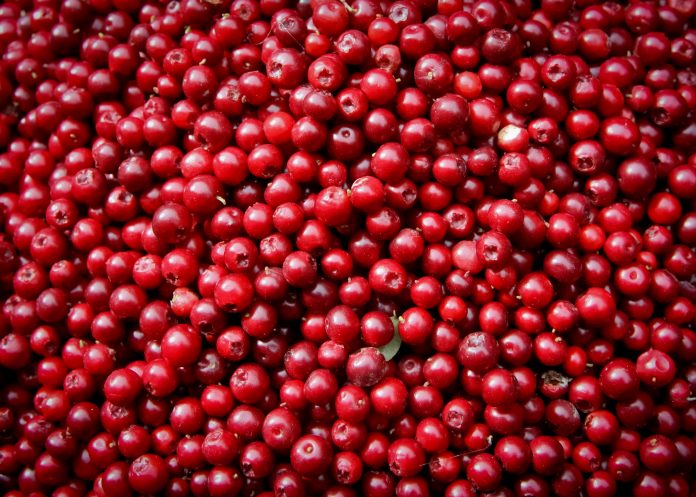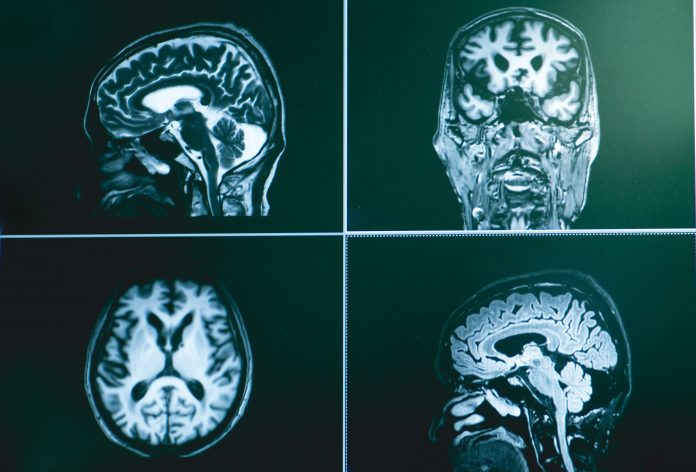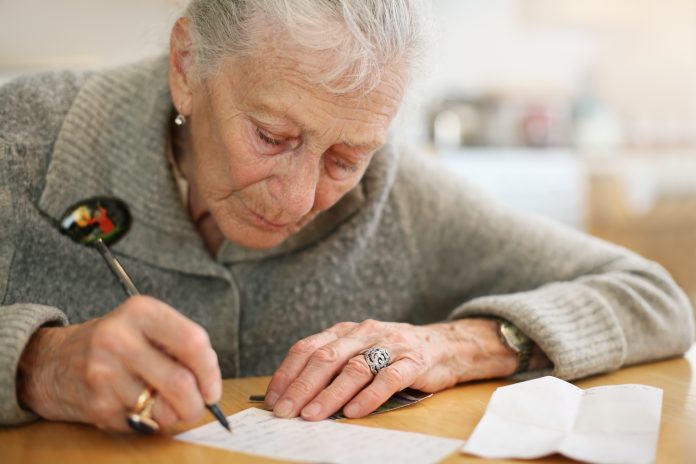Neuroscience Related Content
How does space travel affect the human brain?
The sensation of ‘weightlessness’ during space travel has long-term effects on the brain, where the brain's rules about gravity are no longer applicable.
Lion’s mane mushroom improves memory and nerve growth
A research team from the University of Queensland have found the active compound from an edible lion's mane mushroom that improves memory and boosts brain cell growth.
What is emotional ‘blunting’ and how does it affect depression?
Patients with depression on antidepressant drugs can experience ‘blunting’ – affecting both emotions and learning.
Eating a high calorie diet disrupts food intake regulation
Frequently eating a high calorie diet, or a diet which is high in fats, reduces the brain’s ability to regulate calorie intake – driving overeating habits.
Education responsive to children’s brain development can improve mental health
Is an education that responds to children’s ongoing brain development, supporting social and emotional development, the key to addressing the youth mental health crisis?
What is the optimal window for the early detection of Alzheimer’s disease?
Dr. Gerardo Fernandez, CSO ViewMind Inc, investigates how early is too early for the detection of Alzheimer’s disease and how soon in the disease’s trajectory detection can make a meaningful difference in a patient’s prognosis.
How pregnancy changes the brain: 70% of women experience mental health issues
Pregnancy changes the brain in profound and long-lasting ways, affecting brain physiology, mood and behaviour.
Ayahuasca dangers: mental and physical adverse effects
A survey looking at ayahuasca dangers finds 70% experience physical and 55% mental health adverse effects – but only 2.3% of physical adverse events require medical attention.
Rethinking cancer as a molecular and cellular ecosystem
Sean Lawler, Associate Professor at Brown University pursues an understanding of cancer through the lens of the molecular and cellular ecosystem and natural selection.
Could beer hops give insight into treating Alzheimer’s?
Beer hops have been found to provide unique health benefits for Alzheimer’s disease, preventing the clumping of amyloid beta proteins.
COVID-19 causes brain inflammation similar to Parkinson’s disease
COVID-19 activates the same inflammatory response in the brain as Parkinson’s disease – increasing the risk of future potential neurodegenerative conditions.
European brain research: Addressing translational gaps
Sabine Hölter, Coordinator of the European Brain Research Area cluster PREMOS, calls attention to the translational value of animal models in brain research.
How does psilocybin rewire the brain?
Psilocybin rewires the brain in depressed people by freeing them up from long-held patterns of rumination and excessive self-focus.
Lab-grown human brain cells in dish play video game
Fact or science fiction? A groundbreaking study has shown that human brain cells in a dish can play the video game Pong.
Consuming cranberries could improve memory and prevent dementia
Including cranberries in your diet has a whole host of benefits - it can improve memory and brain function, lower ‘bad’ cholesterol and prevent dementia.
How the right technology can be key to solving physician burnout
More than half of neurointerventionalists, neurosurgeons, neurologists and radiologists are currently experiencing burnout as a result of provider shortages, covering multiple hospitals simultaneously, and increasing demand for emergency stroke care, and this is only expected to get worse.
Alcohol exposure: How many drinks are too many?
Alcohol exposure has been known to frequently develop addiction in our brains, but how many alcoholic drinks does this take and why?
4 ways to support neurodiverse employees who work remotely
With 15% of the UK population considered neurodivergent, knowing how to support neurodiverse employees is vital for both employer and employee.
PAVE: Global research study on epidemiology of Alzheimer’s disease
To improve understanding of the impact and epidemiology of Alzheimer’s disease, Project Alzheimer’s Value Europe (PAVE) demonstrates the prevalence of Alzheimer’s across the stages of the disease, including prodromal and preclinical – which aren’t recognised by previous studies.
Reduce risk of dementia through leisure activities
Dementia poses a risk to us all, but research shows that there are leisure activities that are scientifically proven to reduce risk of dementia.




